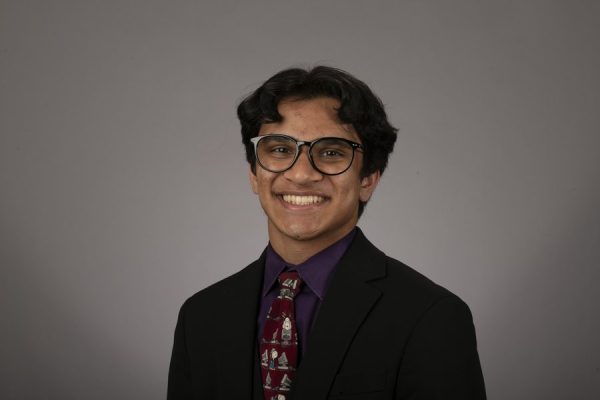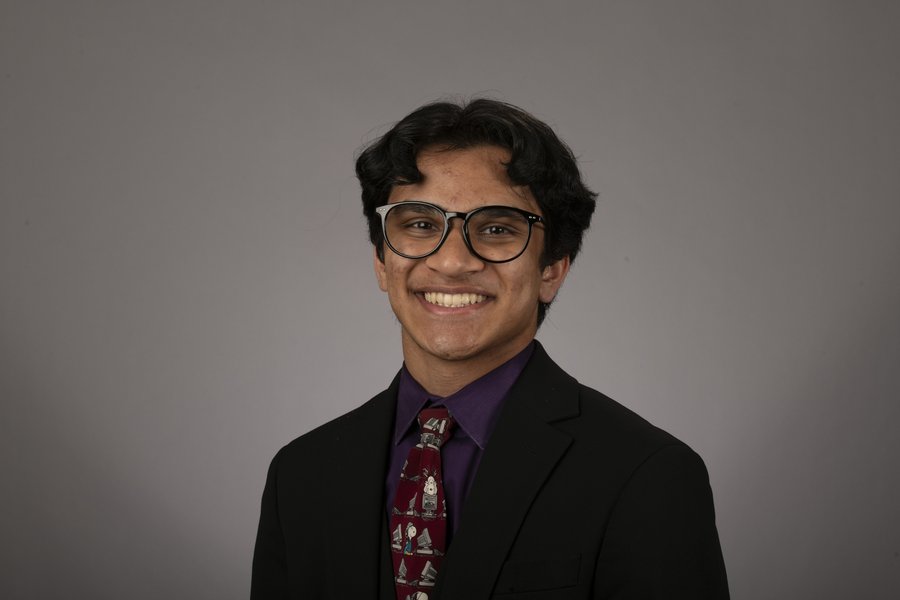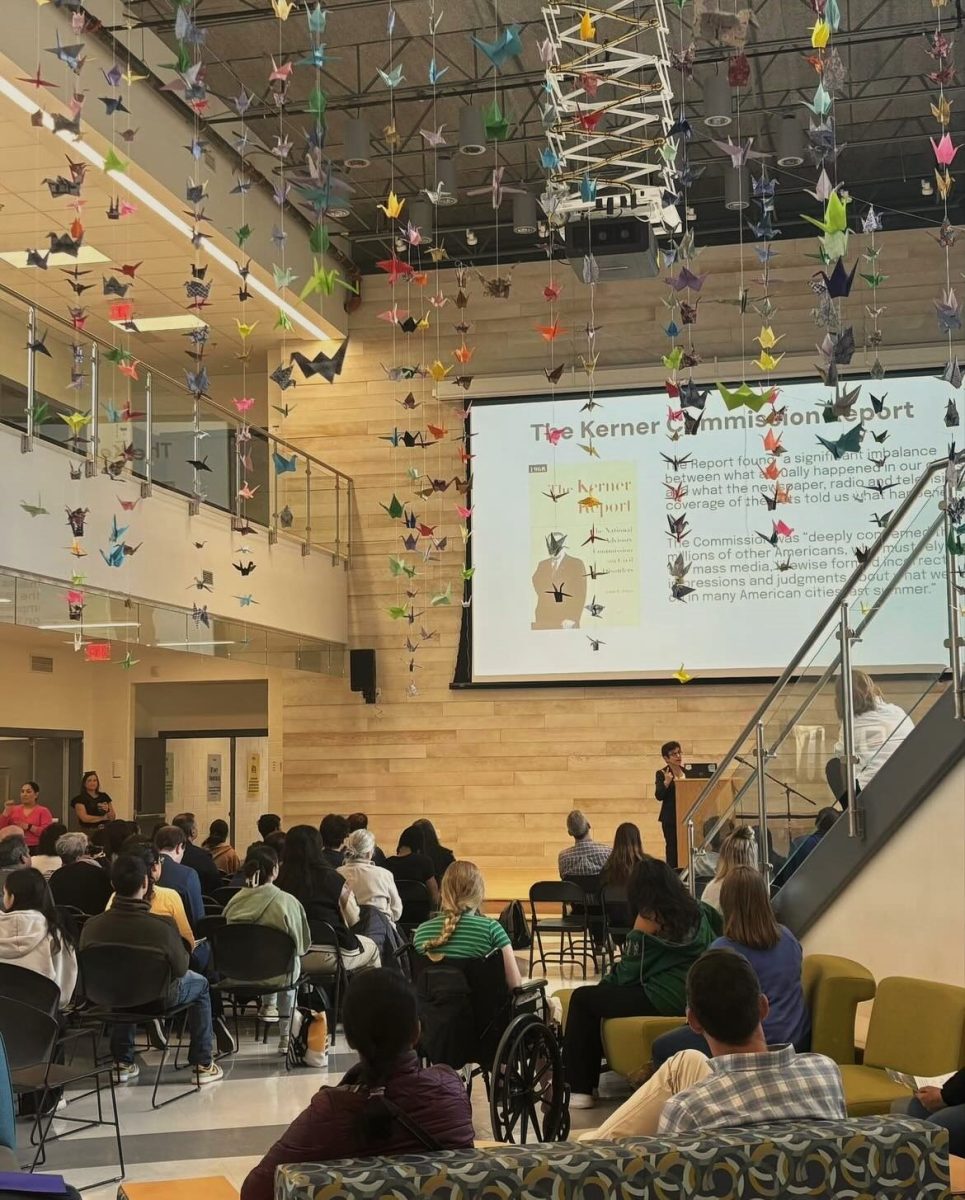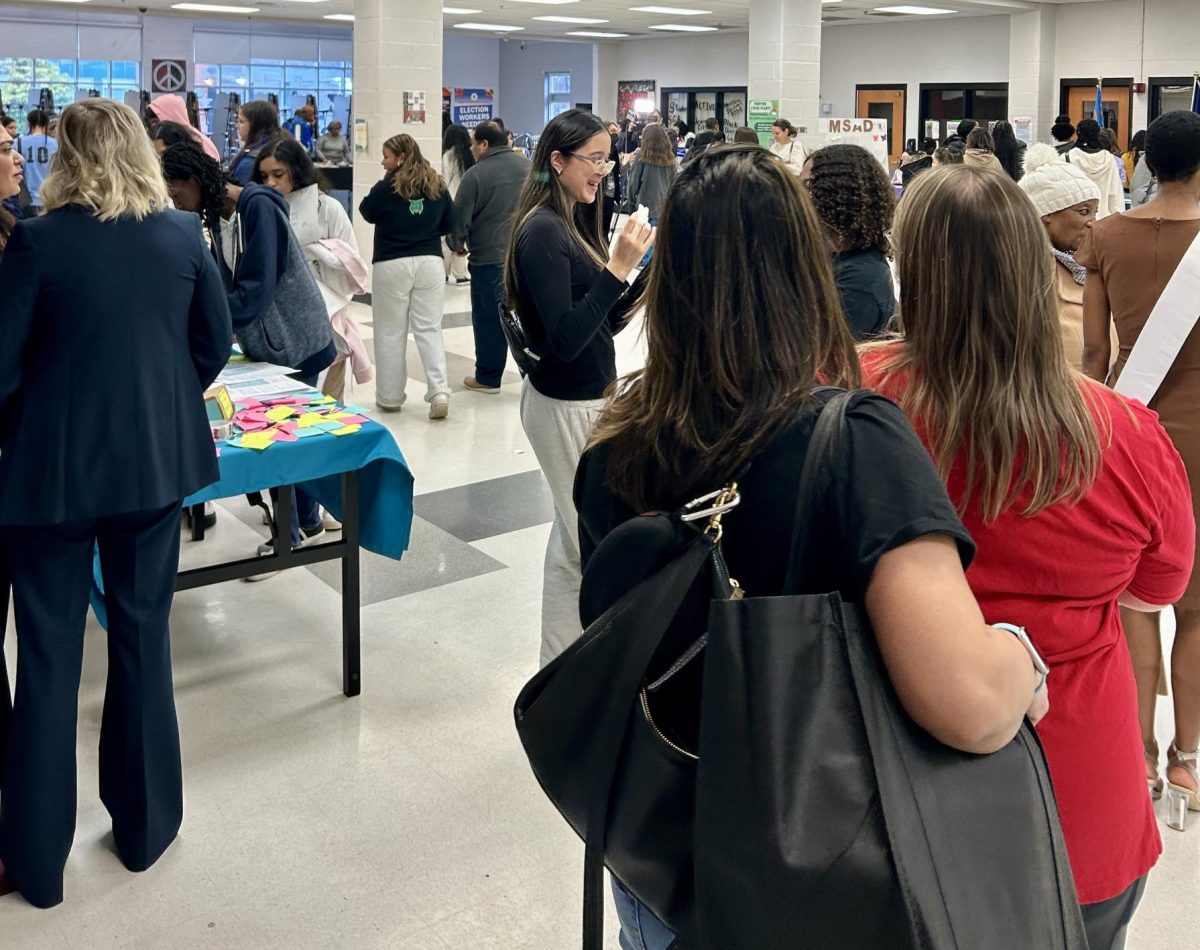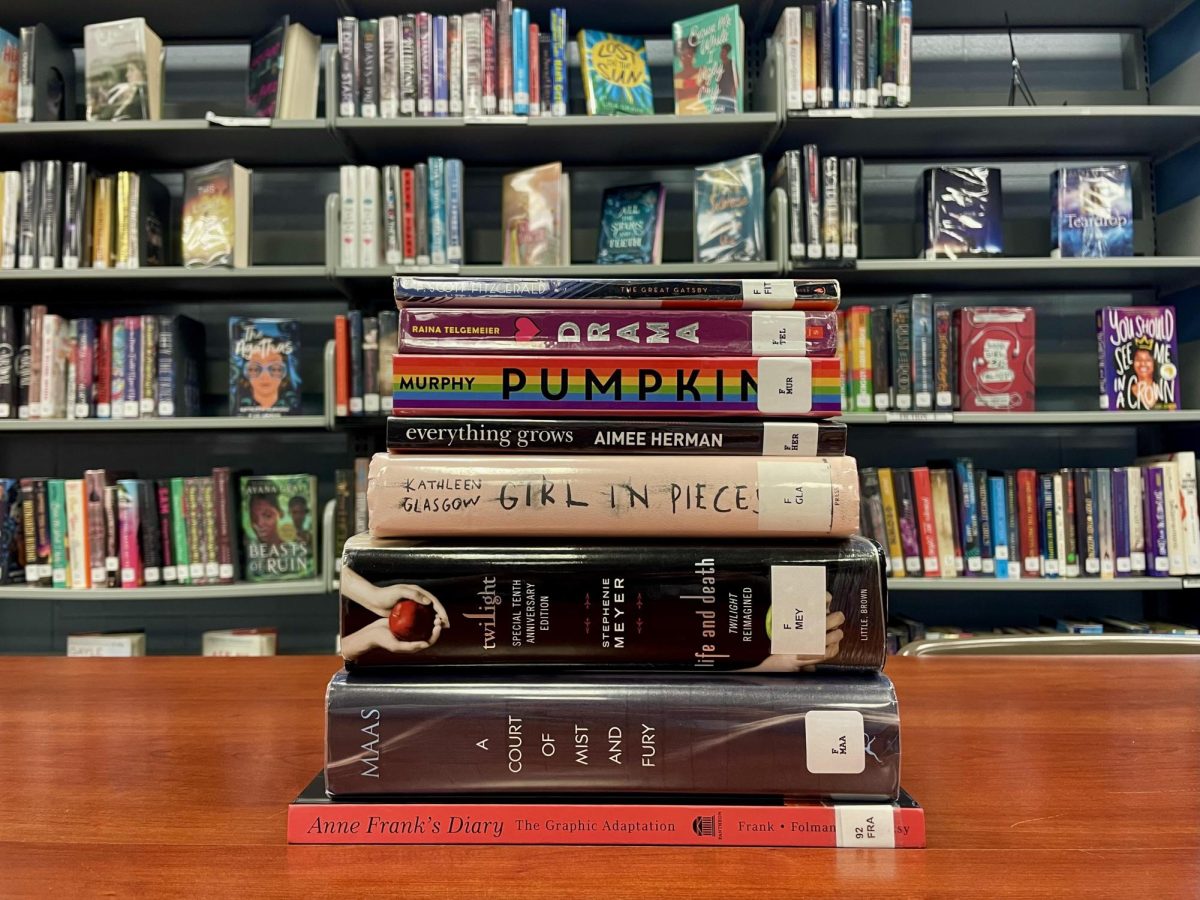Students and teachers attended “In the Defense of Food,” a lecture by Michael Pollan, at the Strathmore Music Center Oct. 26. Pollan, author of “The Omnivore’s Dilemma” and “Food Rules,” discussed problems with American food culture and advised the audience to eat in a physically healthy and environmentally friendly manner.
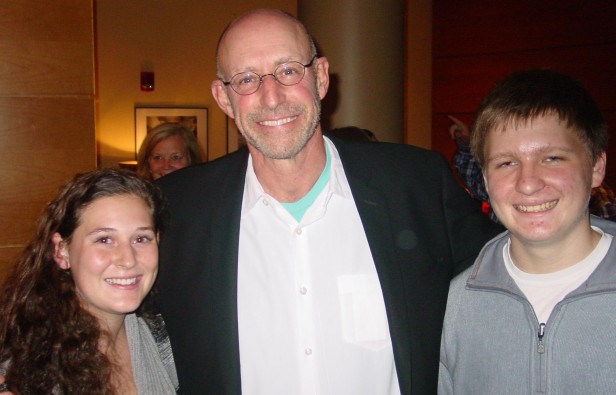
Pollan explained what he called “the American paradox,” a national obsession with healthy eating coupled with poor overall health. He blamed the situation in part on the food industry’s focus on individual nutrients, such as omega-3 fatty acids or antioxidants. Such an approach, is difficult for the average person to understand.
“Nutritionist science remains young and imperfect,” Pollan said. “It gets seized on by industry and exploited in a very cynical way. Take all of the nutrition information that you get with a large grain of something healthier than salt.”
Pollan also shared a few of his famous food rules like “Eat food, not too much, mostly plants,” “If it has more than five ingredients, it’s not really food,” and “If your great-grandmother would not recognize it, it’s probably not food” to help distinguish real food from “edible food-like substances.” Such substances contain artificial ingredients and are often made with corn or soy, contributing to crop monoculture — the intensive growing of a single plant species often resulting in exhaustion of farmland, he said.
Senior Sonia Max, Green Team president, said she hoped the lecture would help her learn about making informed decisions about choosing food companies wisely.
“It’s our responsibility to know where our money is going: to food producers that are eco-friendly and that don’t harm animals and whose factory workers aren’t exploited,” she said.
Junior Nick Rosenberg said he first learned about Pollan’s ideas when his AP Environmental Science class watched Food, Inc., an exposé on factory farming which included interviews with Pollan.
“I thought the movie was really interesting,” Rosenberg said. “We’ve got to look at all of our actions in an ecological sense.”
Left to right: Alexa Chandler, Michael Pollan, Nick Rosenberg





